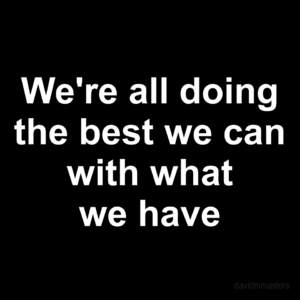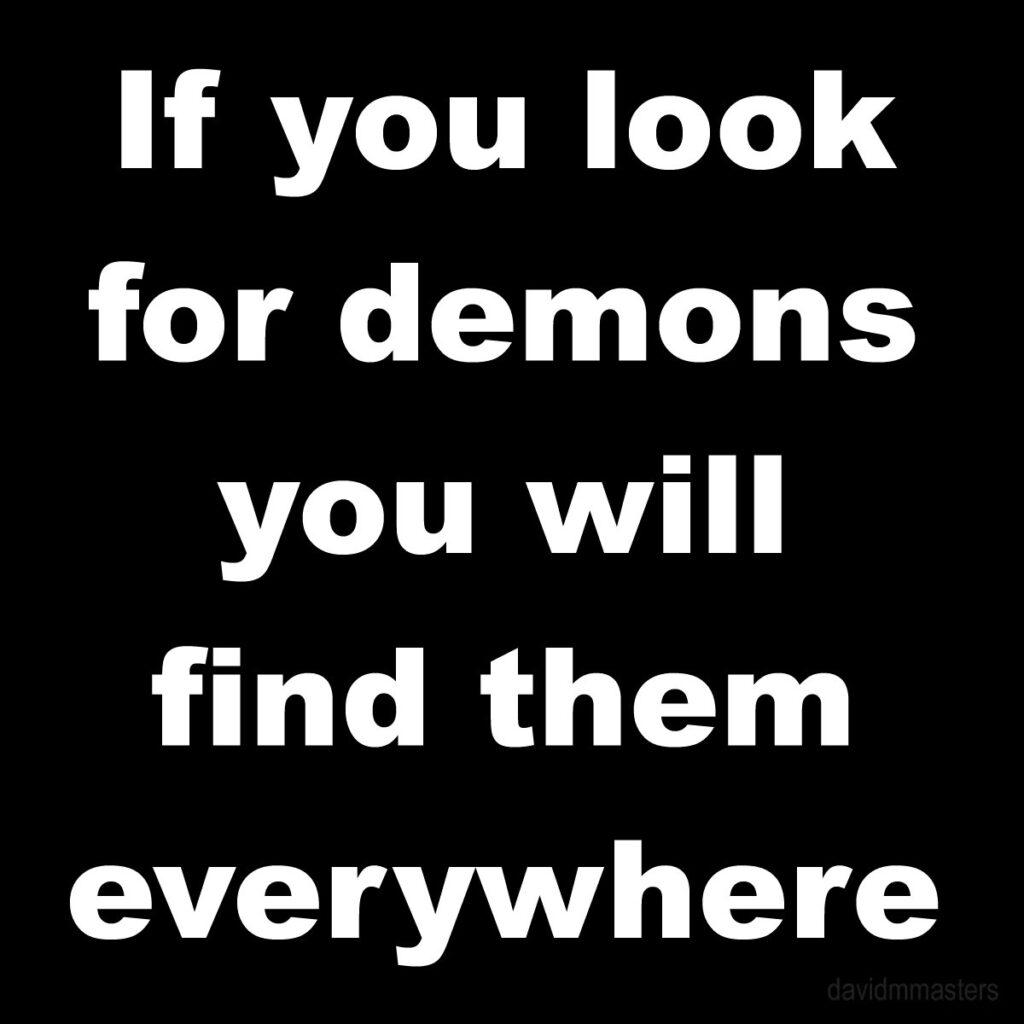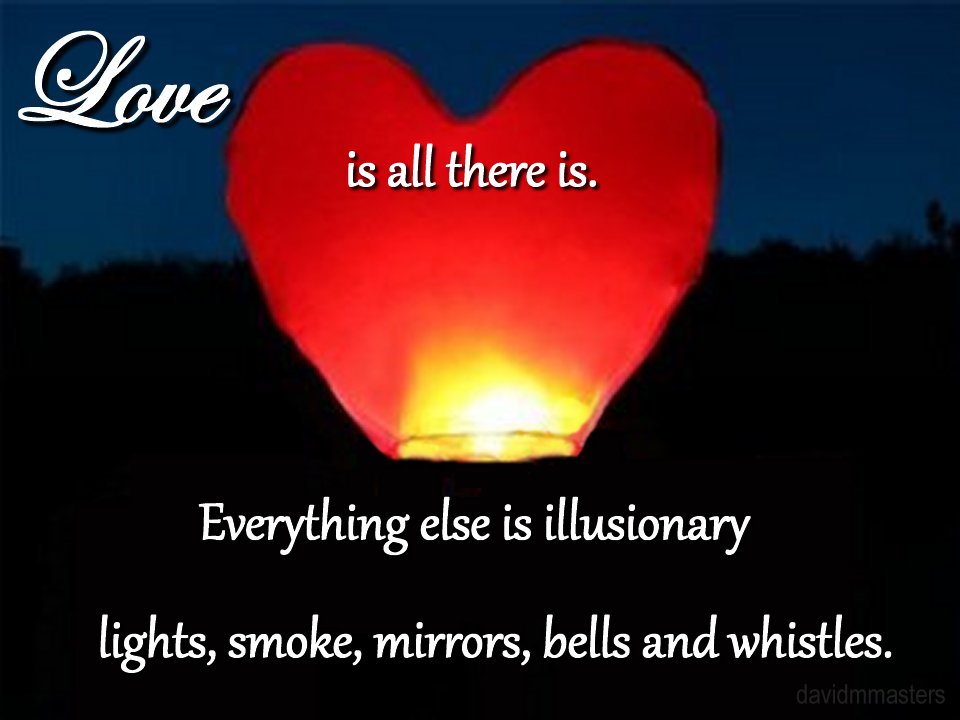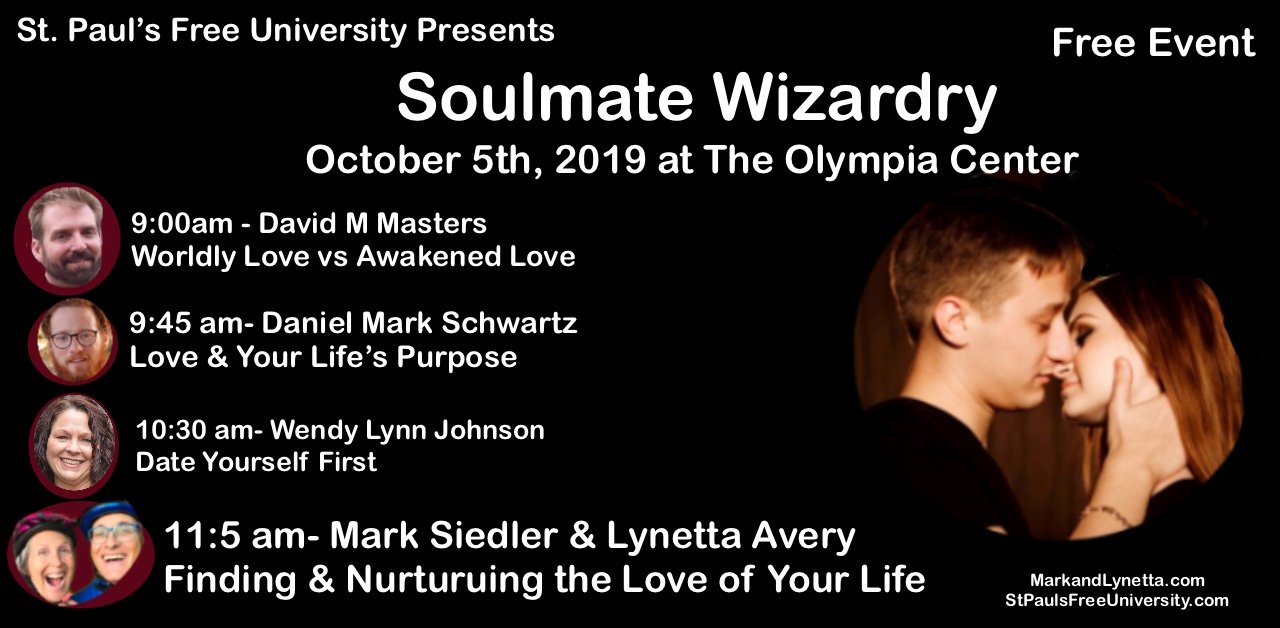Developing an abundance mindset begins with reshaping how we perceive ourselves, identifying and dealing with money blocks, and creating new habits to replace limiting beliefs that do not support our best financial interests. By understanding and changing personal beliefs, individuals can pave the way for a life and business characterized by abundance.
The Self-Perception Exercise:
To initiate a shift toward an abundance mindset, start by creating a T-chart: one side detailing the ten best attributes from your point of view as a person and/or business person. On the other side, outline the ten best things about you as seen from the point of view of others. To get a more accurate accounting of how others might see you, seek input from close friends and family to compile a list of their perceptions. This exercise unveils the alignment or discrepancies between self-perception and who you are known as or external perception, offering valuable insights for personal growth.
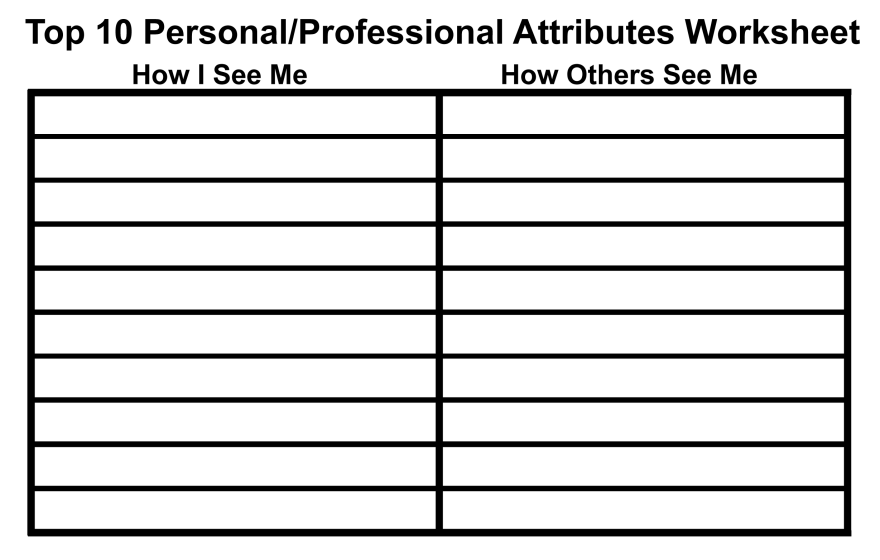 Once you have completed this assignment, you will be able to increase your congruency by creating a map of attributes that you will need to focus on exemplifying in such a way as to be better perceived by others.
Once you have completed this assignment, you will be able to increase your congruency by creating a map of attributes that you will need to focus on exemplifying in such a way as to be better perceived by others.

Like Oprah Winfrey:
Examining the experiences of successful individuals like Oprah Winfrey, who underwent transformative self-awareness journeys, underscores the importance of aligning personal beliefs with external perceptions. Winfrey’s commitment to self-reflection and authenticity contributed to her success, highlighting the impact of a positive self-view on achieving abundance. These examples emphasize the significance of self-awareness in the pursuit of an abundance mindset.
Identifying Money Mindset Blockages
Exploring the intricate landscape of your money mindset reveals many limiting beliefs that hinder your financial growth. Recognizing these money blocks is the first step towards dismantling them and fostering a mindset conducive to financial prosperity. Here are the 10 most prevalent mindset blocks surrounding money, providing insights, debunking myths, and offering strategies for overcoming these barriers.
-
- “Money is the root of all evil“: Debunking the myth that money is inherently evil, this mindset often stems from misconceptions. In reality, money serves as a neutral medium of exchange. Its impact depends on the individual wielding it. Acknowledging this can empower individuals to utilize money positively and effect meaningful change.
- “I can’t afford it“: The notion of financial constraint often serves as an excuse, limiting creative problem-solving. This mindset hinders the exploration of alternatives and inhibits the pursuit of valuable investments, such as coaching or courses.
- “It’s selfish to want more money“: Contrary to this belief, having financial stability enables individuals to make a more significant impact on their communities. By challenging this mindset, one can unlock the potential to contribute to causes that matter and extend assistance to those in need.
- “I’m not good with money“: Perceiving oneself as incapable of financial management is a disempowering narrative. Financial literacy can be acquired like any other skill, and dispelling this myth opens the door to acquiring new skills for effective money management.
- “My family has never been rich“: Breaking free from the narrative that family history dictates financial success is essential. Numerous stories of individuals rising from poverty to wealth emphasize the potential for personal agency in financial matters.
- “It is selfish to want money“: This mindset challenges the idea that financial success and selflessness are mutually exclusive. Having more resources can amplify one’s capacity to contribute to causes that align with their values, benefiting both personal and communal well-being.
- “I can either make money or do what I love, not both“: This dichotomy neglects the symbiotic relationship between passion and financial success. By aligning one’s passion with solving problems and providing valuable services, one can bridge the gap between personal fulfillment and financial gain.
- “Money is there to spend“: While spending itself is not inherently negative, prioritizing spending over saving and investing poses challenges. Balancing enjoyment and financial responsibility is crucial for long-term prosperity.
- “You have to work really hard to get money“: While effort is required, the belief that earning money demands unbearable hardship is a limiting mindset. Embracing strategies to solve problems efficiently and scale efforts can lead to financial success without undue strain.
- “Money is not that important“: Acknowledging the importance of financial stability does not diminish life’s other priorities. Recognizing money’s role in making life more manageable fosters a proactive approach to financial control.
By unraveling these most common money mindset blocks, individuals can pave the way for a more empowered and prosperous financial journey. Challenging these limiting beliefs opens the door to financial growth, enabling individuals to take control of their economic well-being and contribute positively to the world around them.
While each person has accumulated a lifetime of limiting beliefs and money mindset blocks, most people will find three or more of these top 10 in their psyches. This is an excellent place to start.

Addressing Specific Mindset Issues:
Identifying and addressing specific mindset issues, such as a reluctance to invest in one’s business due to fear or pessimism, is crucial. Drawing on examples of successful entrepreneurs who shifted their mindset around investing, like Warren Buffett, highlights the transformative impact of embracing optimism and intelligent business decisions. Changing one habit or mindset issue at a time can lead to significant positive outcomes.
Transforming self-perception is a foundational step toward living a life of abundance in both personal and business domains. The exercise provides a roadmap for individuals seeking to align their beliefs with positive external perceptions. By understanding the role of habits and committing to gradual change, individuals can break free from limiting beliefs and embrace life and business characterized by abundance.
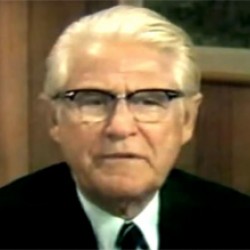
Data-driven Insights on Habit Formation:
Research in psychology, such as studies conducted by Dr. Maxwell Maltz, reveals that habits play a pivotal role in shaping our beliefs and behaviors. The exercise of identifying and reshaping self-perceptions aligns with the principles of habit change. By acknowledging negative thought patterns and working to transform them, individuals can pave the way for lasting change and a mindset of abundance.
The 21 to 30-Day Habit Formation Window:
Studies suggest that creating a new habit takes approximately 21 to 30 days. Focusing on one aspect at a time, such as overcoming a scarcity mindset related to time constraints, enables individuals to instill positive habits gradually. By consistently chipping away at negative thought patterns, the path to success becomes more apparent, as demonstrated by individuals who have successfully transitioned from scarcity to abundance thinking.
These three techniques, evaluating and adjusting how we are perceived in the world, identifying and dealing with money blocks, and creating new habits to replace limiting beliefs that do not support your best financial interests, you can change your financial journey from one drought with challenges to one of financial abundance.
References:
- Winfrey, O. (2021). Biography.
- Maltz, M. (1960). Psycho-Cybernetics. Prentice Hall.
- Buffett, W. (2023). Biography


